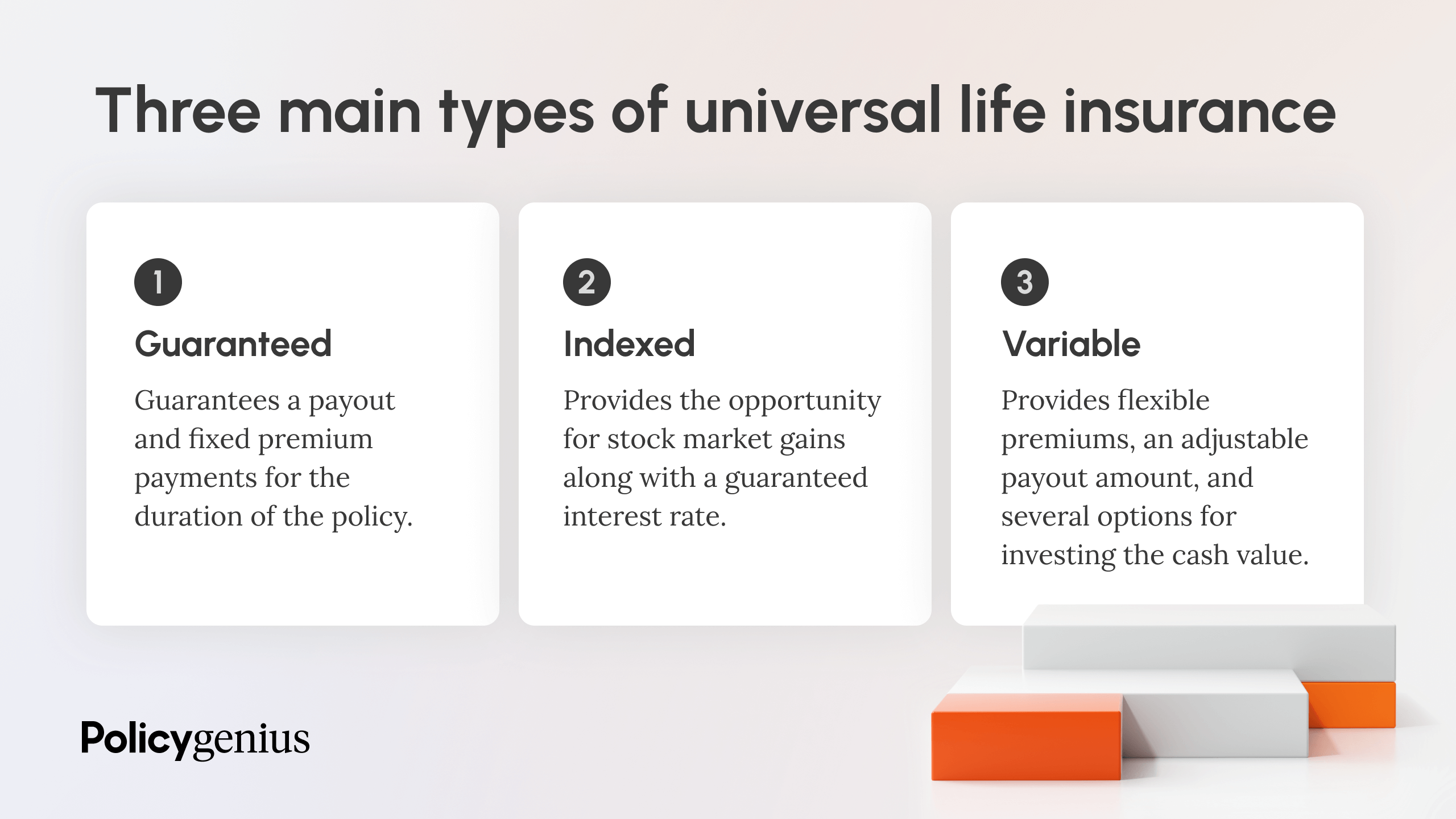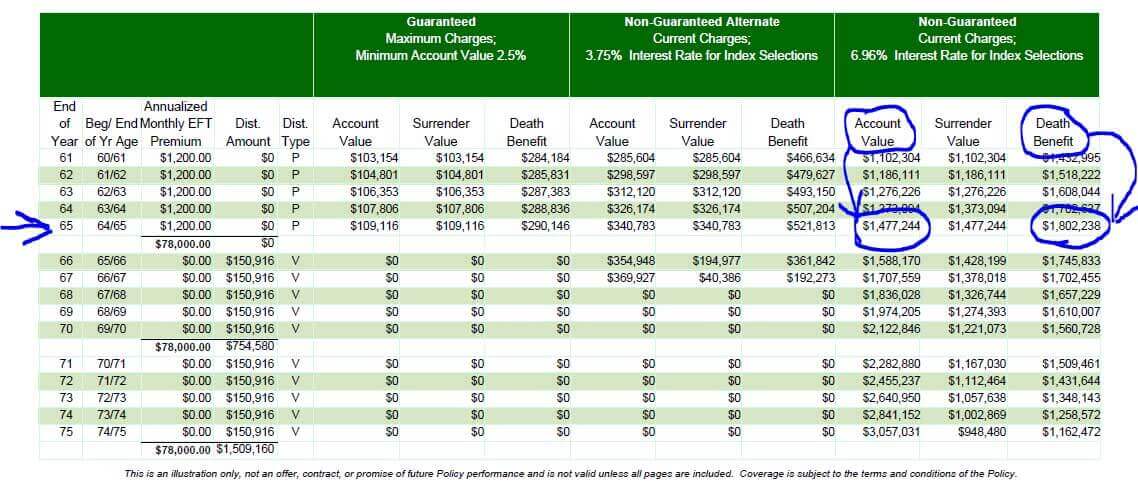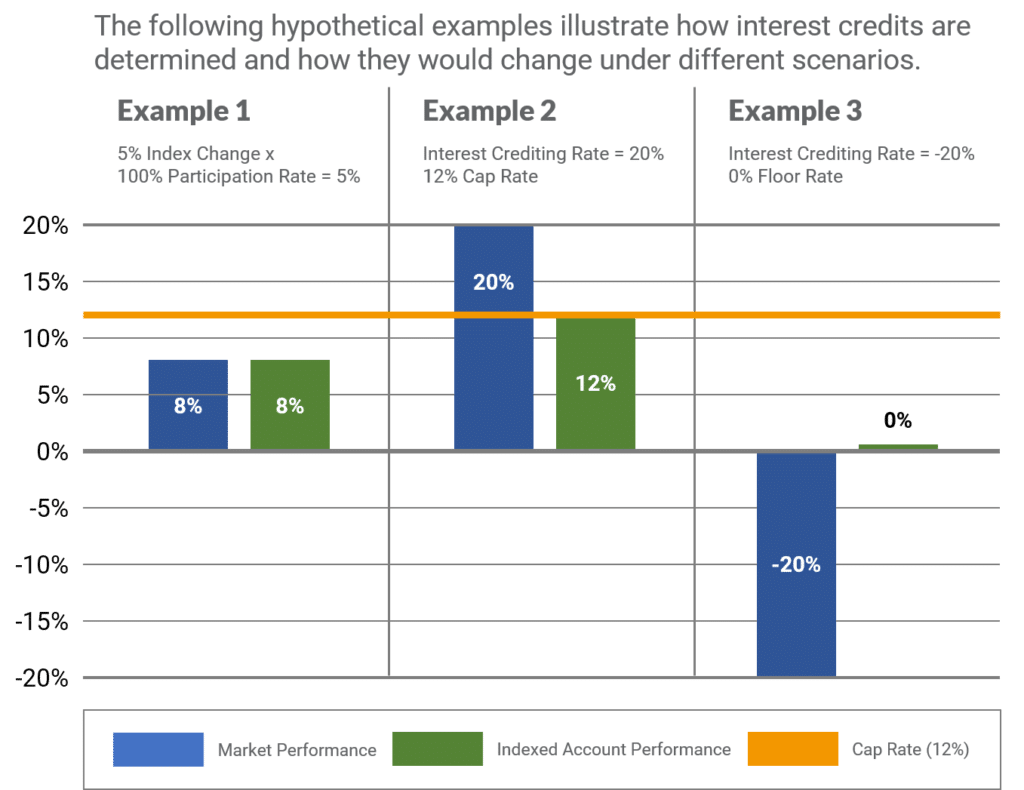All Categories
Featured
Table of Contents
1), commonly in an attempt to defeat their group standards. This is a straw guy debate, and one IUL people like to make. Do they compare the IUL to something like the Lead Total Amount Securities Market Fund Admiral Shares with no load, an expense ratio (ER) of 5 basis factors, a turnover ratio of 4.3%, and a remarkable tax-efficient document of circulations? No, they compare it to some dreadful actively managed fund with an 8% tons, a 2% EMERGENCY ROOM, an 80% turn over proportion, and a dreadful record of temporary funding gain distributions.
Common funds often make yearly taxed circulations to fund owners, also when the worth of their fund has decreased in worth. Shared funds not only require revenue coverage (and the resulting annual taxes) when the shared fund is increasing in value, however can also impose income tax obligations in a year when the fund has actually decreased in value.
That's not exactly how shared funds work. You can tax-manage the fund, gathering losses and gains in order to lessen taxed circulations to the financiers, however that isn't somehow going to transform the reported return of the fund. Just Bernie Madoff kinds can do that. IULs stay clear of myriad tax obligation catches. The possession of common funds may need the shared fund proprietor to pay projected taxes.

IULs are easy to place to ensure that, at the proprietor's death, the recipient is exempt to either earnings or estate tax obligations. The same tax reduction methods do not function almost as well with common funds. There are various, frequently costly, tax obligation catches associated with the timed trading of mutual fund shares, catches that do not put on indexed life Insurance coverage.
Possibilities aren't very high that you're going to go through the AMT because of your common fund distributions if you aren't without them. The rest of this one is half-truths at best. For example, while it holds true that there is no income tax obligation due to your beneficiaries when they acquire the earnings of your IUL policy, it is likewise true that there is no earnings tax as a result of your successors when they inherit a shared fund in a taxable account from you.
Iul Quote
The federal estate tax exception restriction mores than $10 Million for a couple, and expanding every year with rising cost of living. It's a non-issue for the large bulk of doctors, a lot less the rest of America. There are far better means to avoid estate tax obligation concerns than purchasing financial investments with low returns. Mutual funds may trigger revenue tax of Social Safety and security benefits.

The growth within the IUL is tax-deferred and may be taken as free of tax earnings through fundings. The policy owner (vs. the common fund manager) is in control of his/her reportable income, hence enabling them to decrease or perhaps remove the tax of their Social Safety advantages. This one is fantastic.
Here's another very little problem. It holds true if you acquire a common fund for state $10 per share right before the circulation date, and it disperses a $0.50 circulation, you are then going to owe taxes (probably 7-10 cents per share) in spite of the fact that you have not yet had any kind of gains.
In the end, it's truly regarding the after-tax return, not just how much you pay in tax obligations. You're additionally possibly going to have even more cash after paying those tax obligations. The record-keeping requirements for owning common funds are significantly a lot more complicated.
With an IUL, one's documents are kept by the insurance provider, copies of yearly declarations are mailed to the proprietor, and circulations (if any) are totaled and reported at year end. This set is also type of silly. Certainly you ought to maintain your tax obligation documents in case of an audit.
Term Life Vs Universal
Hardly a factor to buy life insurance. Common funds are typically component of a decedent's probated estate.
On top of that, they are subject to the hold-ups and expenses of probate. The earnings of the IUL plan, on the various other hand, is always a non-probate distribution that passes outside of probate directly to one's named beneficiaries, and is for that reason exempt to one's posthumous creditors, undesirable public disclosure, or comparable hold-ups and prices.
We covered this one under # 7, yet just to wrap up, if you have a taxable shared fund account, you need to put it in a revocable trust fund (and even easier, use the Transfer on Fatality designation) in order to avoid probate. Medicaid disqualification and life time revenue. An IUL can offer their owners with a stream of income for their whole life time, no matter for how long they live.

This is valuable when organizing one's events, and converting properties to revenue prior to a retirement home confinement. Mutual funds can not be transformed in a comparable way, and are practically constantly considered countable Medicaid assets. This is another silly one supporting that bad people (you recognize, the ones who need Medicaid, a government program for the poor, to spend for their retirement home) must utilize IUL instead of mutual funds.
Iul Companies
And life insurance looks horrible when contrasted rather against a retirement account. Second, individuals that have money to buy IUL above and past their pension are going to have to be terrible at managing cash in order to ever get Medicaid to pay for their assisted living home prices.
Persistent and terminal health problem motorcyclist. All plans will allow a proprietor's easy accessibility to money from their policy, often forgoing any kind of abandonment charges when such people experience a significant ailment, need at-home care, or end up being confined to an assisted living home. Common funds do not supply a comparable waiver when contingent deferred sales costs still put on a mutual fund account whose owner requires to offer some shares to fund the expenses of such a stay.
Universal Life Insurance Questions
You obtain to pay more for that advantage (cyclist) with an insurance plan. Indexed global life insurance policy provides death benefits to the recipients of the IUL proprietors, and neither the proprietor nor the recipient can ever shed money due to a down market.
Now, ask on your own, do you actually need or desire a death benefit? I certainly don't require one after I reach monetary self-reliance. Do I desire one? I expect if it were low-cost enough. Obviously, it isn't economical. Generally, a purchaser of life insurance coverage spends for the real expense of the life insurance policy benefit, plus the costs of the plan, plus the profits of the insurance policy company.
Survivorship Life Insurance Quote
I'm not entirely sure why Mr. Morais tossed in the whole "you can not shed money" once more here as it was covered rather well in # 1. He just wished to repeat the most effective marketing point for these points I expect. Once again, you do not shed nominal dollars, but you can shed real dollars, along with face severe opportunity price as a result of reduced returns.

An indexed universal life insurance policy plan proprietor might exchange their policy for an entirely different policy without causing revenue taxes. A common fund proprietor can stagnate funds from one mutual fund firm to an additional without offering his shares at the former (therefore activating a taxed occasion), and repurchasing new shares at the last, usually subject to sales costs at both.
While it is true that you can trade one insurance coverage for another, the reason that individuals do this is that the first one is such an awful plan that also after buying a new one and going with the early, adverse return years, you'll still come out ahead. If they were marketed the right plan the very first time, they shouldn't have any wish to ever before trade it and go with the very early, unfavorable return years again.
Latest Posts
Equity Index Life
Index Universal Life Insurance Tax Free
Universal Way Insurance